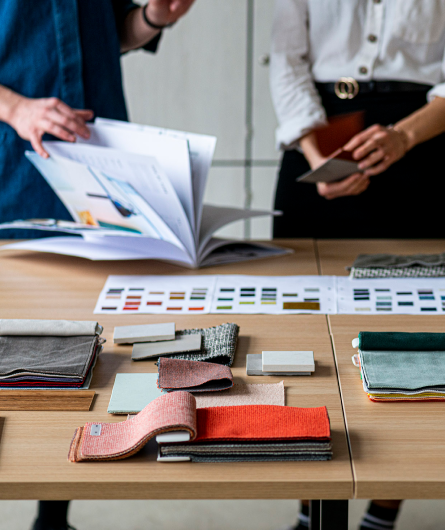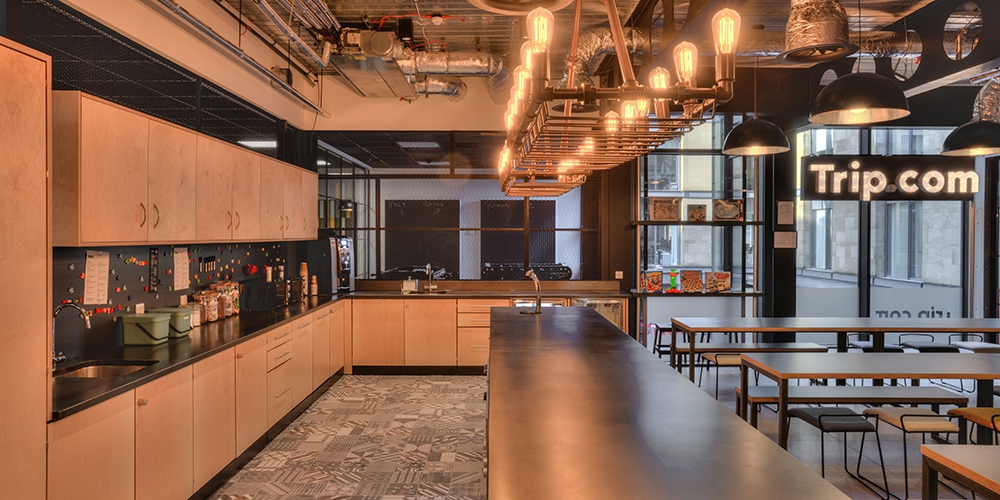
Circadian Rhythms
With an increased emphasis on staff health and well being as part of the employee experience, it's time to focus on how to fine-tune your body clock.
Lately employers have been placing an increased emphasis on staff wellbeing and good health in order to boost morale, productivity and creativity. Here at Spacestor we’re great believers in the importance of a healthy mind and body, and this week we’d like to focus on how to fine-tune your body clock – also known as your circadian rhythm.
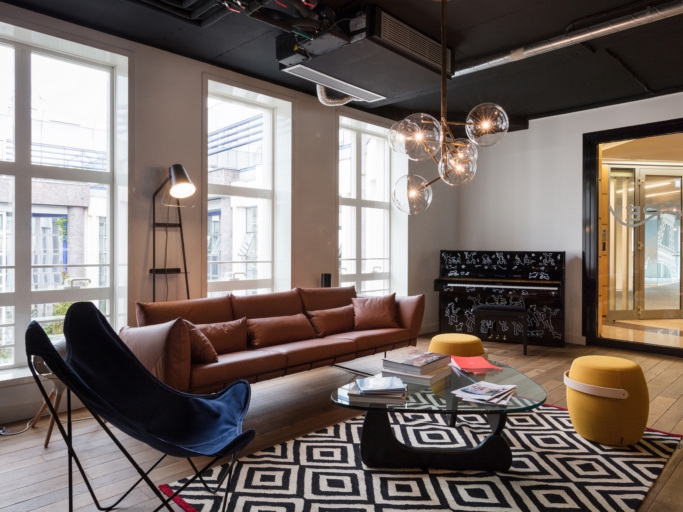
How the Body Clock Works
Most of us feel lively or, alternately, drowsy, around the same hours of every day. We go through cycles of ups and downs, and these are controlled by our circadian rhythm, which operates for 24 hours around the clock, even when we’re sleeping; especially when we’re sleeping in fact. Lows tend to come in the middle of the night (between 2:00 and 4:00am) and right after we’ve had our lunch (between 1:00 and 3:00pm). But what controls the body clock? Well, for the most part it’s regulated by light.
In our retinas we have specialised photoreceptors (ganglion cells) that are used not for seeing but rather for activating the various hormones that regulate our circadian rhythms. At night time, when there’s less blue in the light spectrum, our pineal gland produces more melatonin to help us sleep; and when the morning light arrives, our melatonin production is suppressed and mood-enhancing, energizing serotonin is produced in its place.
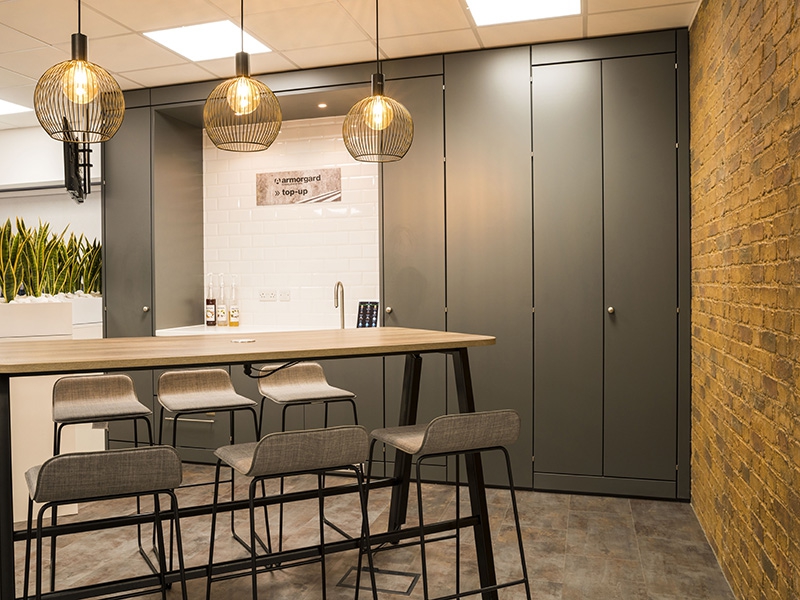
But when we’re exposed to an unnatural lighting pattern – for instance if we fly around the world and experience jet lag, or if we’re asked to work a night shift, or if we’re just staying up too late and playing on our phones – our circadian rhythm is knocked out of kilter, which can have all kinds of negative effects. It can lower our level of alertness and productivity. It can interrupt our digestive and other physiological processes. It can lead to more serious problems like insomnia, fatigue and depression. It can even alter our genes, and so increase our susceptibility to disease. Thankfully though, by controlling our surrounding environmental factors we can correct our body clocks and greatly improve our quality of life.
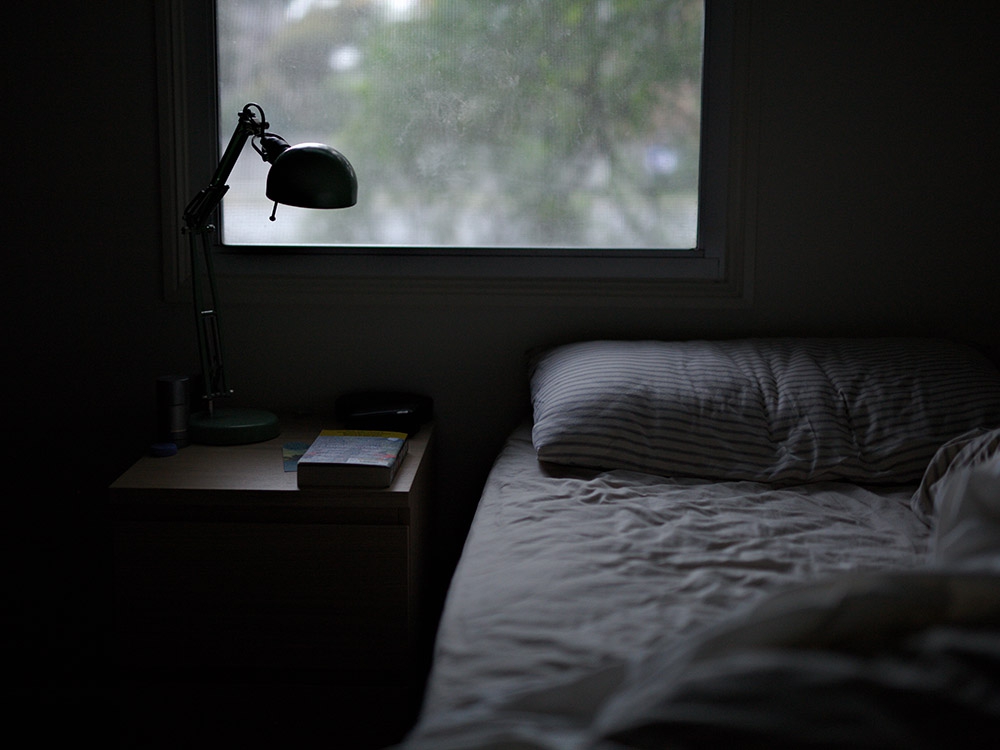
The Synchronised Office
A good circadian rhythm thrives on habit. If we go to bed, and wake up, at regular times every day then we’ll feel much better. But in order to sleep well at night, it’s important to look after yourself during the day as well – which is why it’s a brilliant idea to “synchronise” your office to your body clock.
Bright, well-tuned lighting helps us to feel awake during the day and sleepy at night. Unfortunately, most of us who work in offices spend long days indoors under low-level, artificial fluorescents which are poorly suited to our needs. Working in open-plan offices with large windows and plentiful natural light, however, feels a lot better. Sunny daylight is particularly good so, when the weather’s nice, take a full lunchbreak and go for a walk outdoors if you can.
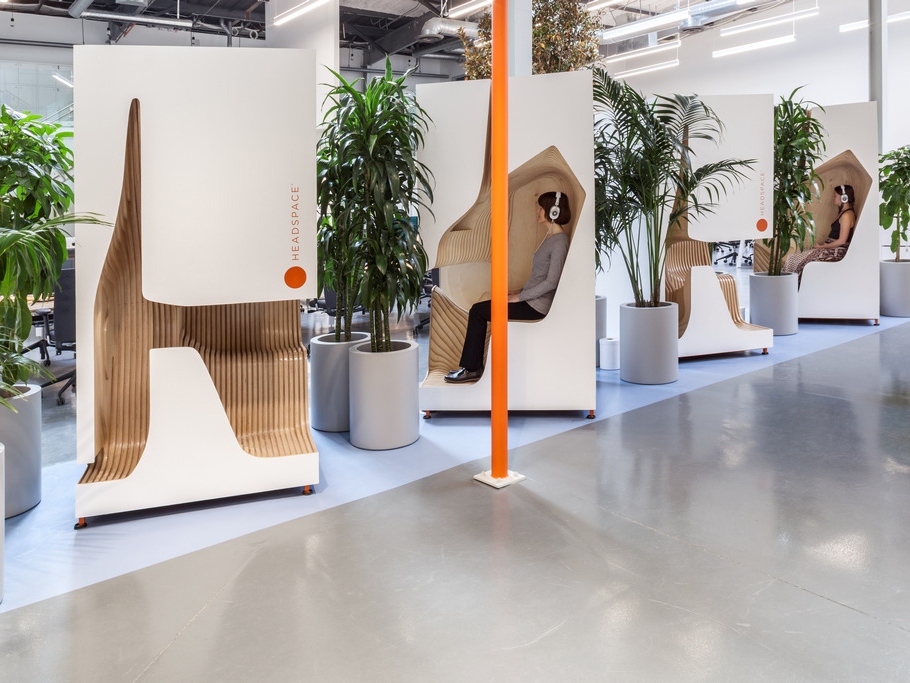
As noted earlier, our energy tends to dip after we’ve had our lunch, and this can really hamper our productivity. Another good, and enjoyable, way of overcoming this tiredness is by drinking coffee or tea. Many sleep experts recommend drinking small caffeinated beverages, combined with light therapy, in order to reset one’s body clock before work. Caffeine gives us a helping hand when we need it, which is why our Teapoint refreshment stations are great for any office; they provide a social hub for conversation, and also help to keep everybody’s energy levels up in the early mornings and sleepy afternoons.
Lastly, many of us also spend our evenings staring into glowing phones, computers and TV screens, which also tends to overstimulate us and disrupt our body clocks. But with today’s always-on, round-the-clock working culture, it’s a good idea to take some time out to stabilise our biological rhythms and return to a more natural way of life. As such, having a “Serene Sanctuary” in the office – a recent design trend we covered earlier this spring – or home can help with relaxation, as can other healthy practices such as regular meditation, yoga or exercise.
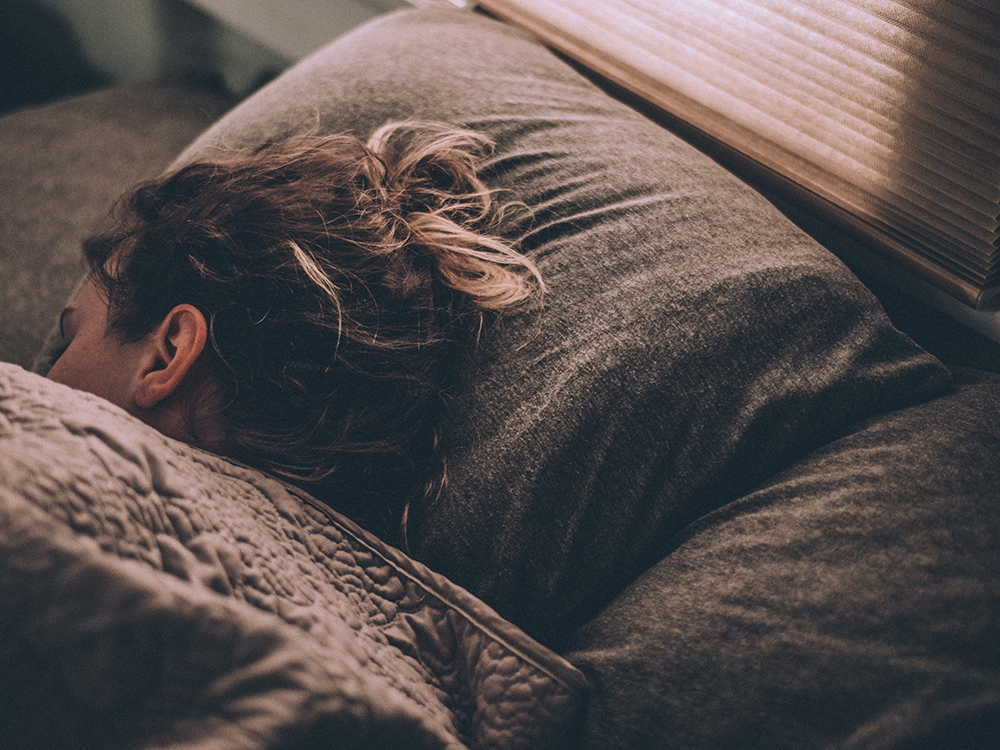
Good lighting, refreshing hot drinks and calming relaxation can all help us with our body clocks. And the more we listen to our bodies, and synchronise our living and working habits to our needs, the better we’ll sleep, feel and work towards our goals.


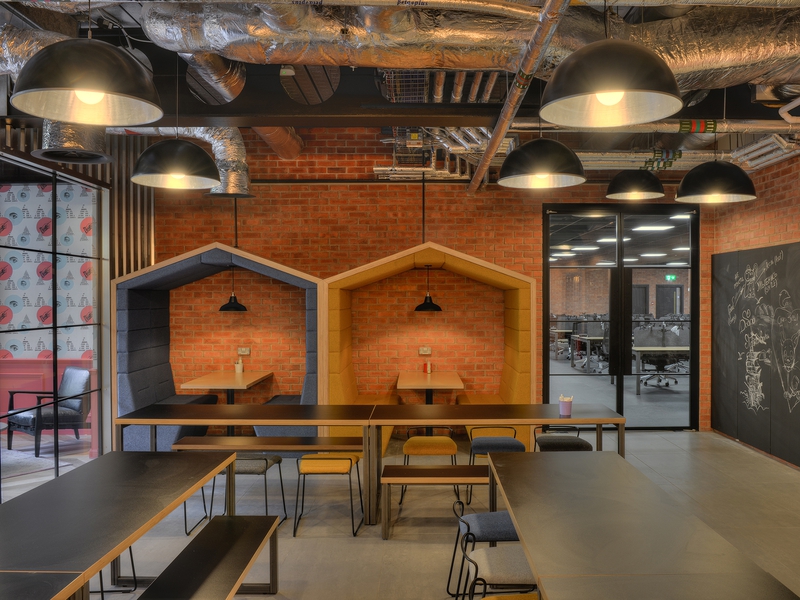
Trip.com's first UK flagship office in the heart of Edinburgh; a playful, exciting workspace designed to attract and re…
PROFESSIONAL SERVICES
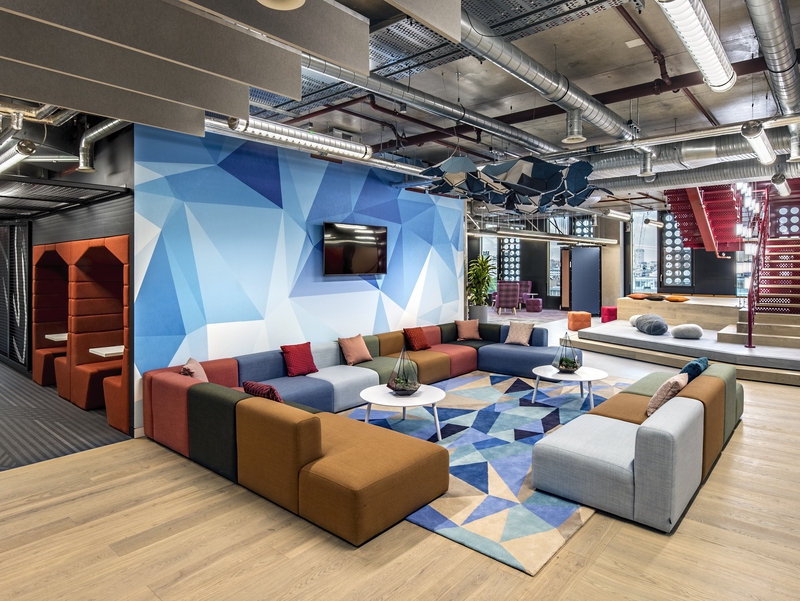
To build a space that encouraged and showcased their creativity, Adobe worked with Gensler to create their new London h…
TECHNOLOGY & IT
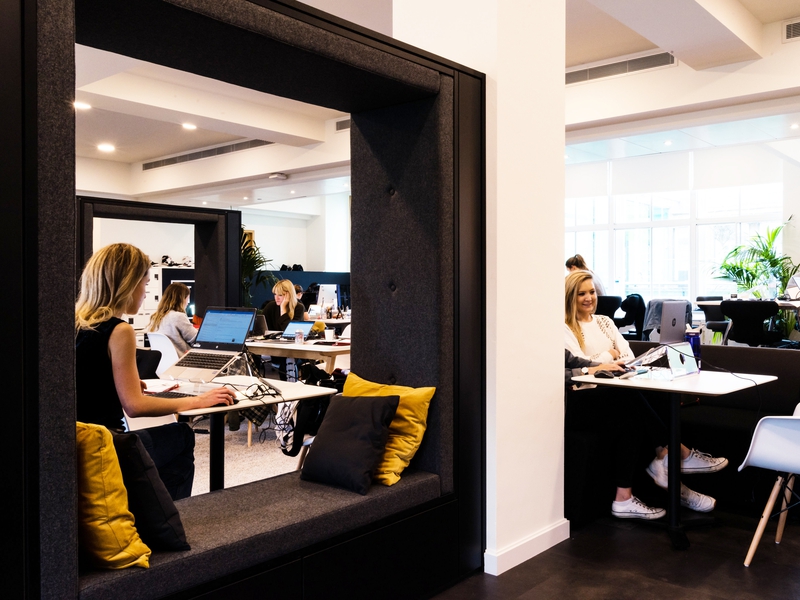
The famous headquarters of the world's largest independent creative agency network in Soho, London, are built on the pr…
TECHNOLOGY & IT
